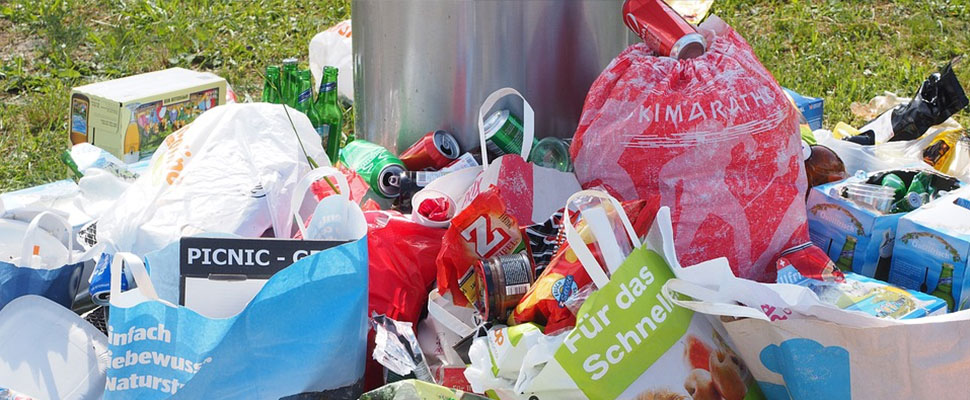Cars are not the only enemy of the Environment
When pointing responsible, cars are always guilty, but is it really the only villain?

I have always been interested in taking care of the environment and therefore I try as much as possible to look for alternatives in everyday life to reduce my impact on the planet. Despite faithfully believing that we must take care of this planet we call home, I constantly wonder why usually public entities and people in general blame private cars for being the biggest polluters. In no way can it be denied that they contribute to the deterioration of the environment; however, there are other pollutants to which the same attention should be given to reduce the emissions of gases and particulate pollutants.
Leer en español: El carro particular no es el único enemigo del Medio Ambiente
True, cars pollute, but they are not the only sources of pollution. For example, according to the United Nations Environment Program (UNEP), air pollution occurs in both indoor and outdoor environments. In the first case, pollution is caused by stoves, lighting, and heating. In the second case, the pollution is due to the generation of energy, agriculture, sandstorms, industrial furnaces, forest fires, transport, among others. Moreover, according to this same agency, 86% of the countries worldwide burn waste in open spaces. That is to say, one cannot put 100% of the blame on private cars and it is this point that I want to make clear.
If we want to see figures, according to the World Economic Forum and the Environmental Protection Agency of the United States, for June 2017, that is to say a year ago, the most polluting nations worldwide were:
- China responsible for 30% of pollution
- United States issuer of 15%
- European Union with 9%
The surprising thing, for those who blame private vehicles for being responsible for pollution in its entirety, is that the biggest sources of contamination are:
- The generation of electricity and thermal production with 25%
- Agriculture, forestry and other land uses with 24%
- The industry with 21%
- Transportation with 14%
You can read: Four ways to protect the environment at home
Transportation (buses, taxis, private cars, motorcycles, etc.) ranked fourth in the statistics presented by the World Economic Forum. The fourth place! This means that there are three reasons over transportation, which also refers to all transport and not exclusively to the private car. So, why do not we worry in the same way for these other three reasons?
The answers to this question are varied, broad, and debatable. The truth is that there will be political, economic and social interests that lead the majority to believe that the cars are responsible for contaminating and damaging our planet. Of course, we must reduce its use and implement alternatives such as the bicycle. In fact, we must also implement actions that control car emission standards. Especially if we take IGNORE INTO account, according to UNEP, that 90 of 193 nations do not regularize these emissions. However, it is also true that we must focus our attention on pollutants of greater impact and greater emission.
We should question the production of energy, agricultural practices, industries, construction, the bad management of waste such as plastic and do not simply remain with what we hear or assume. Just as there is no car day, we have to plan strategies that in the long term really impact the planet.
Likewise, let's think beyond the basics and consider the whole panorama. Alberto Castaño, a Colombian journalist specialized in the environment, in an article by LatinAmerican Post, draws attention to the use of electric cars. Castaño says that "there are alternatives such as electric vehicles, however, it is worthless to have an electric vehicle, when the energy with which we charge it is obtained through thermoelectric plants that work with fossil fuels such as gas or coal, generators of greenhouse gases".
The car is not the only villain, in fact, it is a little villain if we compare it with other sources of contamination.
Latin American Post | Marcela Peñaloza





